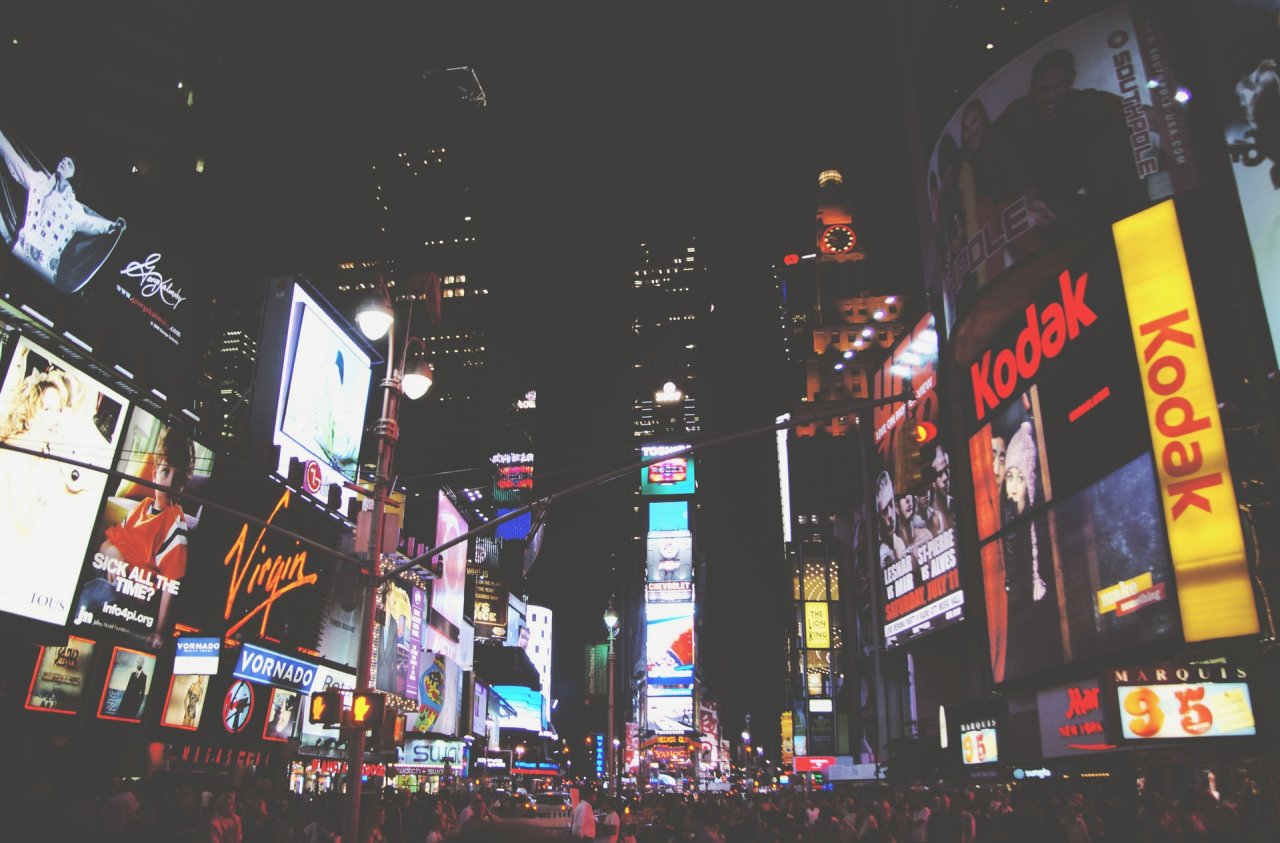Industry Insights
Copy & Paste

Has your home or property ever been broken into? I’ve been told it’s a sick feeling you experience when you open the door and discover that your private space has been invaded and that your personal belongings have been ransacked.
Several years ago I stumbled across a website that had blatantly copied our company’s logo, tagline and webpage content. I too felt violated. The second and third time we encountered this it was the work that we had done for our clients that was being ripped off. The experience was equally sickening. It has happened many more times since.
When we confronted these business owners they were, with one exception, apologetic and cooperative. So, to date, we haven’t felt the need to sound the alarm. But it keeps happening. In the past week alone we discovered that another three of our clients’ websites, web content, their taglines and advertisements have been misappropriated by other companies. Plagiarism of this kind seems to be on the rise in the landscaping industry. I now believe it’s time to expose this practice and prune it from our industry if we are to grow professionally and profitably.
It’s been said that stealing is actually a sign of genius. Steve Jobs, the founder of Apple, once remarked, “Good artists copy. Great artists steal.” Few know the phrase originated in 1892, ironically, with the exact opposite sentiment. Read more here.
Perhaps we’ve bought into the idea that plagiarism is the highest form of flattery. But it just doesn’t sit right with me. Our clients work hard to differentiate themselves and develop a competitive advantage. To research market opportunities, position a company for success, think, strategize, plan, artfully communicate and forge an authentic connection with the consumer is difficult, risky and costly. So when a competitor comes along and steals everything right down to the team photos… being flattered is not the prevailing emotion.
We should be able to expect better behaviour in this industry. Recently I’ve been asking business owners “What is the best piece of business advice you’ve ever received?” One answer that jumped out at me is highly relevant here: “Respect and treat your competitors well. You don’t need them to fail for you to succeed.” I believe this idea is alive and well in the landscaping industry. Landscape Ontario Director Tony DiGiovanni rarely fails to express his appreciation for the culture of respect among LO members.
But while landscapers are encouraged to work with one another and elevate industry standards, copying and pasting each other’s message is not helpful or respectful… or profitable. Never mind that Google doesn’t like duplicated content (search results for both companies will likely suffer as a result). In the highly connected Internet world we live in, copying is sure to expose you as a fake, a phoney, someone who can’t be trusted. This hurts not only the individual contractor but also the industry at large. Lifting content from a competitor’s website shouldn’t be any more acceptable than breaking into their yard and stealing their skid steer.
So, what do you do if your brand identity, brand assets or your marketing collateral has been stolen?
Three things:
First. Contact the business owner and appeal to common sense. This kind of pressure has proved effective for us in the past. Most guys fess up when caught and are quick to correct their mistake, usually expressing embarrassment at having been caught with their hand in the cookie jar. Keep in mind that the owner himself or herself may have been sold stolen goods by their web designer. Web design is an unregulated and highly competitive industry. Some of those we’ve confronted did not know that their site was actually a copy of someone else’s work. So be gracious. Even in situations of confrontation, I believe in artful communication.
Second. If your appeal falls on deaf ears you can leverage your LO membership. The LO mission is to represent members and foster industry growth, so helping businesses deal with this sort of issue is firmly within their mandate. Give them a call and let them know what’s happening. It will not only help them get a real picture of how significant an issue it is, but they will also help in mediating any disputes.
Third. I think it would be great if we could keep the lawyers out of it and keep a little more $$ in our own pockets. But if copying and pasting proves too hard for some to resist, the road ahead needs to include trademarking and other forms of legal protection – all of which increase overhead dollars and erode the bottom line.
In an industry that often gives away design for free, it may be challenging to think of intellectual property like brand identities and messages as very real and highly valuable property. But it’s an even bigger issue than that. The marketplace these days is already highly suspicious of contractors. Copying one another not only hurts the individual businesses, it also erodes any trust that consumers might have for the industry at large. This is an issue we can’t afford to take lightly.
Your brand has a value. A brand is an asset that can grow with investment. Your brand is worth investing in and also worth protecting. Copying and pasting someone else’s on the other hand is theft. We need to stop it.

Written by Jason Bouwman, RGD
August 22, 2014


